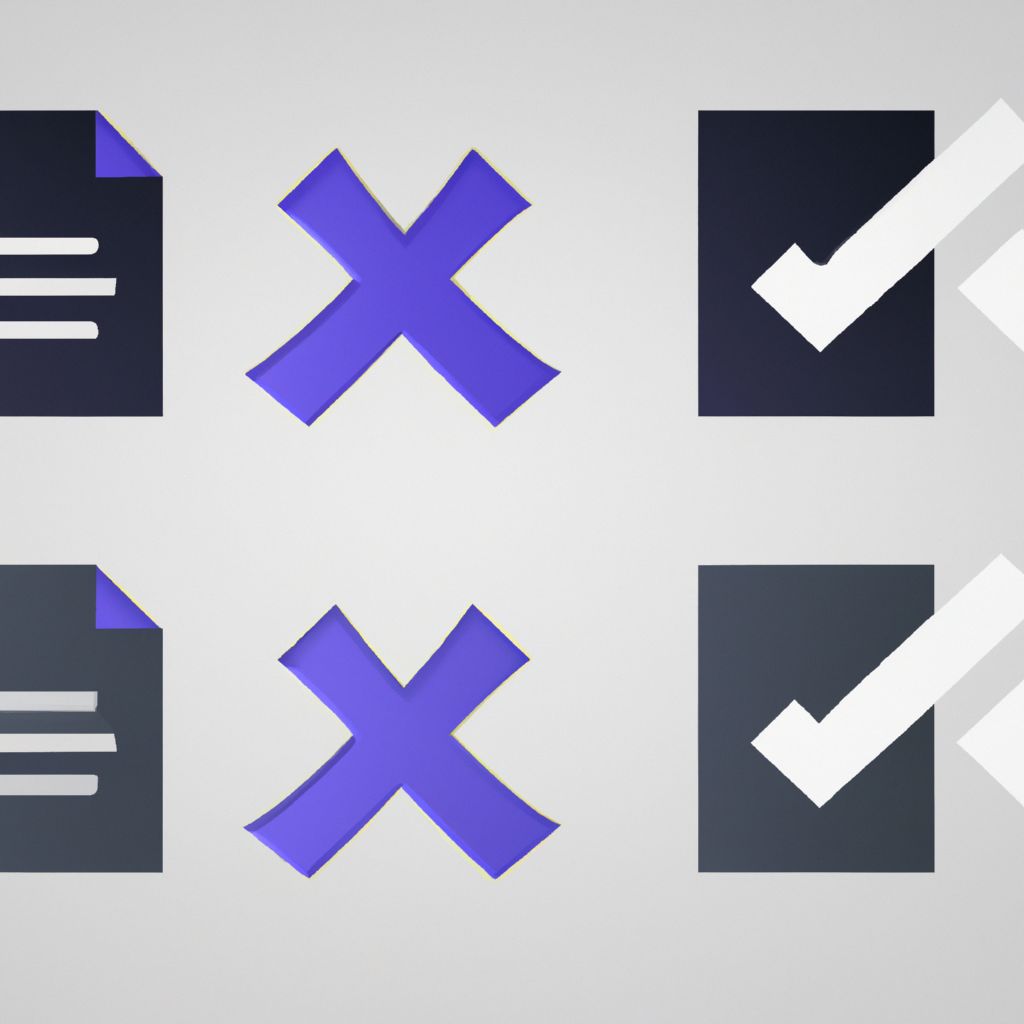Why Engage an Information Security Audit Company?
While internal audits have their place, engaging a third-party information security audit company offers significant advantages. External auditors bring objectivity, specialized expertise, up-to-date knowledge of threats and regulations, and dedicated resources that internal teams may lack. They provide an unbiased assessment of your security controls, policies, and compliance status, which carries more weight with regulators, partners, and customers.
Selecting the right audit partner is crucial. The quality, scope, and relevance of the audit depend heavily on the chosen company's capabilities and approach. A mismatch can lead to a superficial audit that misses critical issues or provides recommendations that aren't practical for your environment.
Key Factors to Consider When Selecting an Audit Firm
Choosing among the many information security audit companies requires careful evaluation. Here are critical factors to consider:
Expertise and Specialization:
- Does the company specialize in the type of audit you need (e.g., ISO 27001, SOC 2, HIPAA, PCI DSS, network security, application security)?
- Do their auditors possess relevant industry certifications (e.g., CISA, CISSP, OSCP, GIAC certifications)?
- Do they have experience auditing organizations of your size and industry? Understanding industry-specific threats and regulations is vital.
Methodology and Approach:
- Request details about their audit methodology. Is it aligned with recognized frameworks (e.g., NIST, COBIT, ISO)?
- How do they balance automated tools with manual review and interviews?
- What is their process for planning, fieldwork, reporting, and follow-up?
- How do they ensure minimal disruption to your operations during the audit?
Reputation and References:
- Check the company's reputation in the industry. Look for case studies, testimonials, and online reviews.
- Ask for references from clients similar to your organization and follow up with them. Inquire about their experience regarding communication, professionalism, report quality, and the value derived from the audit.
Reporting Quality:
- Request sanitized sample reports. Evaluate their clarity, structure, and actionability.
- Does the report format cater to both executive and technical audiences? (See our post on Security Assessment Report Format).
- Are findings clearly explained, supported by evidence, risk-rated appropriately, and accompanied by practical remediation recommendations?
Auditor Experience and Team:
- Inquire about the specific auditors who would be assigned to your engagement. What is their experience level and background?
- Will you have a dedicated point of contact?
- Ensure the team has the technical depth required for your specific environment (e.g., cloud expertise, specific technology stacks).
Scope Flexibility and Customization:
- Can the company tailor the audit scope to your specific concerns and objectives, or do they only offer rigid, pre-defined packages?
- Are they willing to work with you to define a scope that provides maximum value?
Communication and Collaboration:
- How does the company handle communication throughout the audit process? Expect regular updates and clear channels for questions.
- Do they foster a collaborative approach, working with your team rather than just auditing at them?
Cost and Value:
- Obtain detailed proposals outlining the scope, deliverables, timeline, and cost. Beware of bids that seem significantly lower than others, as they might indicate a less thorough approach.
- Focus on the value provided, not just the price tag. A slightly more expensive audit that uncovers critical risks and provides actionable insights is worth more than a cheap, superficial one.
The Selection Process
- Define Your Needs: Clearly articulate your audit objectives, scope, and compliance requirements.
- Identify Potential Firms: Research companies specializing in your required audit type and industry.
- Request Proposals (RFP): Send a detailed RFP to a shortlist of 3-5 firms.
- Evaluate Proposals: Assess proposals based on the factors listed above.
- Conduct Interviews: Interview key personnel from the top contenders.
- Check References: Contact provided references.
- Make Your Selection: Choose the firm that best aligns with your needs, demonstrates strong expertise, and offers the best overall value.
Conclusion
Selecting the right information security audit company is a critical investment in your organization's security and compliance posture. By carefully evaluating potential partners based on their expertise, methodology, reputation, reporting quality, and collaborative approach, you can ensure you receive a thorough, objective, and valuable audit that drives meaningful security improvements. Don't rush the decision; due diligence in selecting your auditor pays dividends in the long run.
Disclaimer: This post represents the view of the individual author that wrote it and not necessarily the view of Rarefied Inc.
Looking for professional security testing?
Based on your interest in this topic, you might benefit from our specialized security services:
